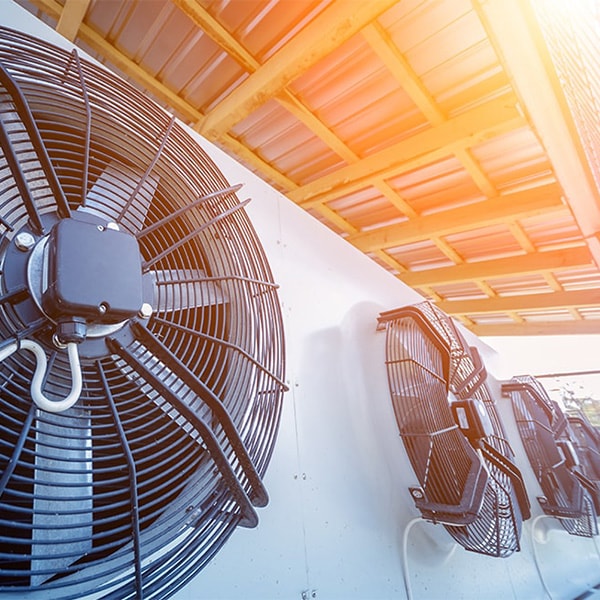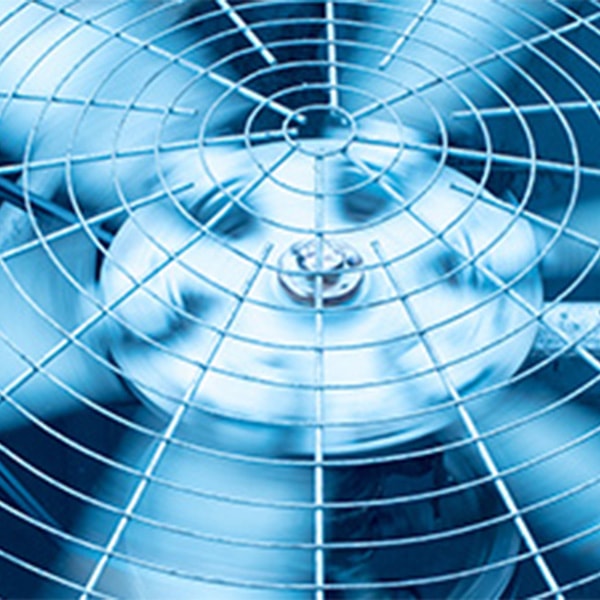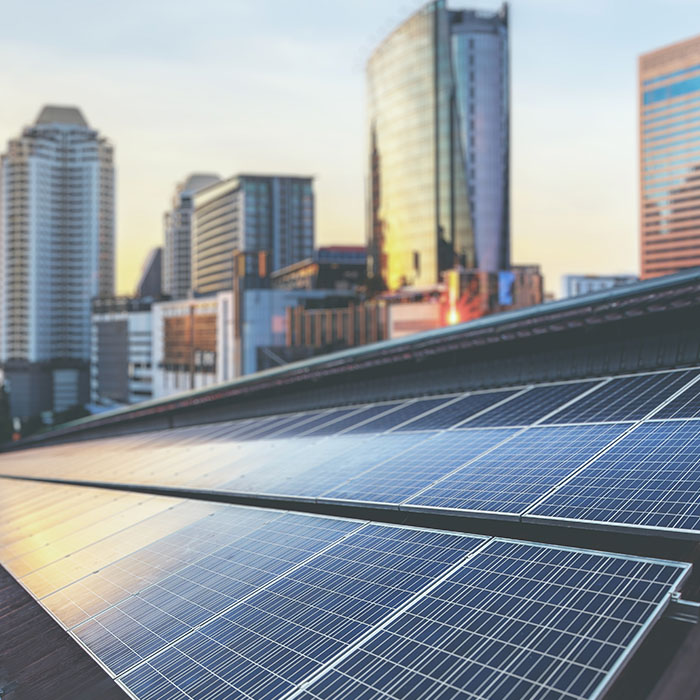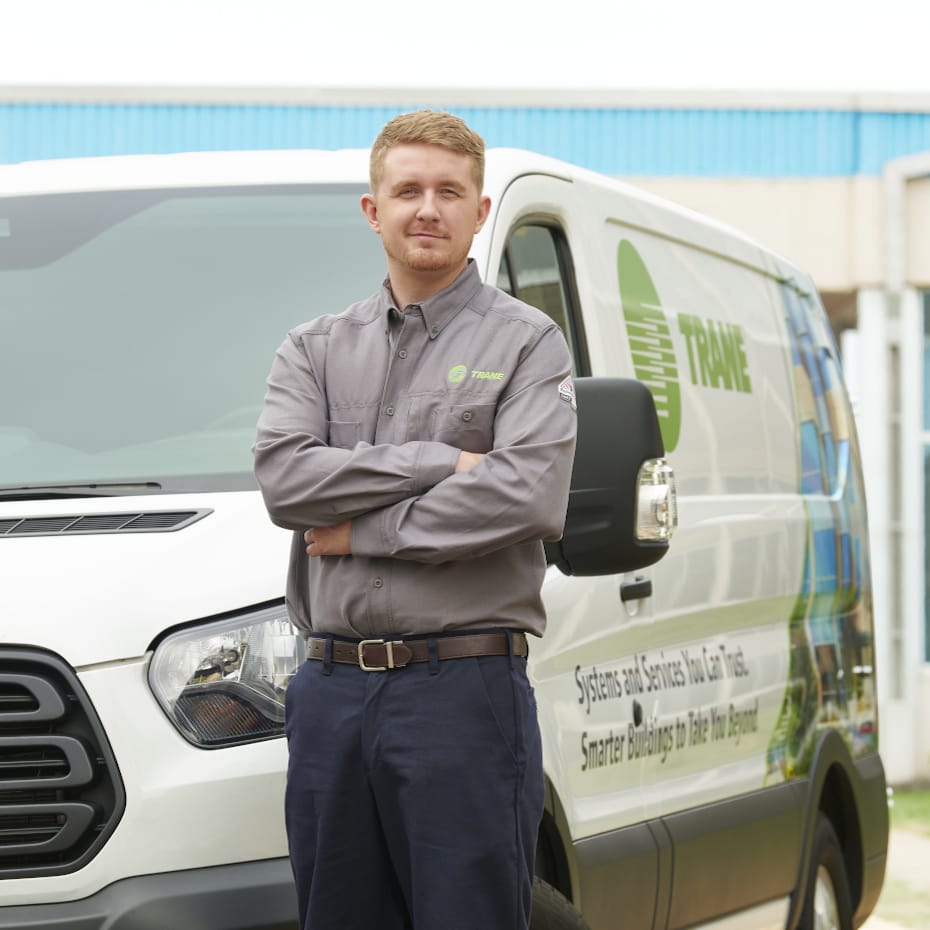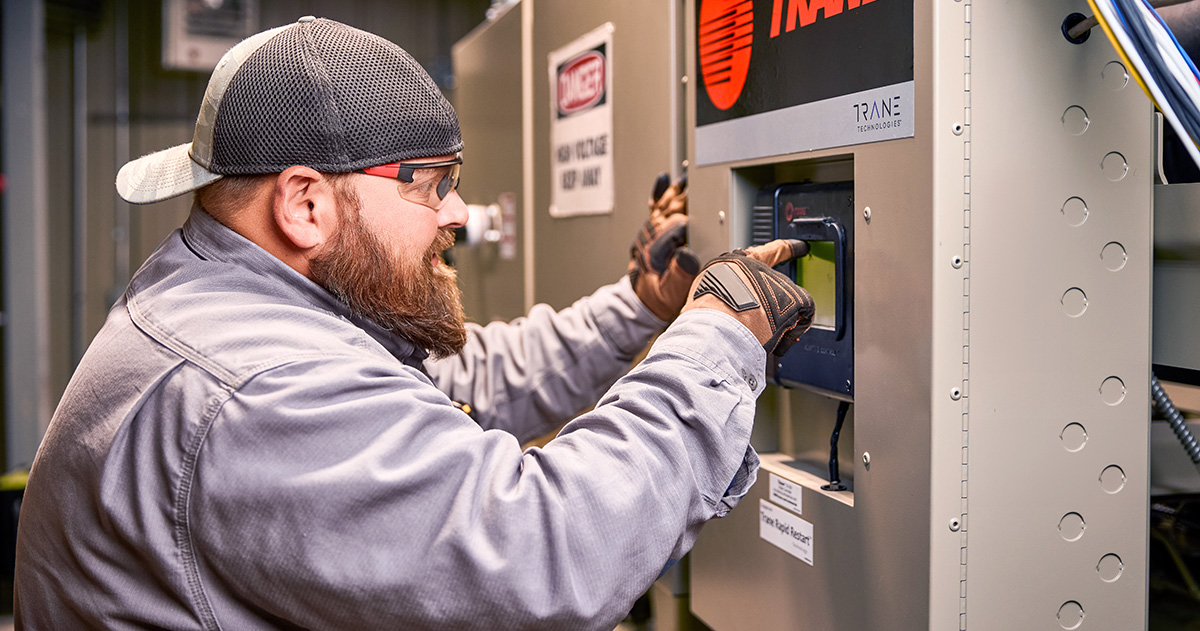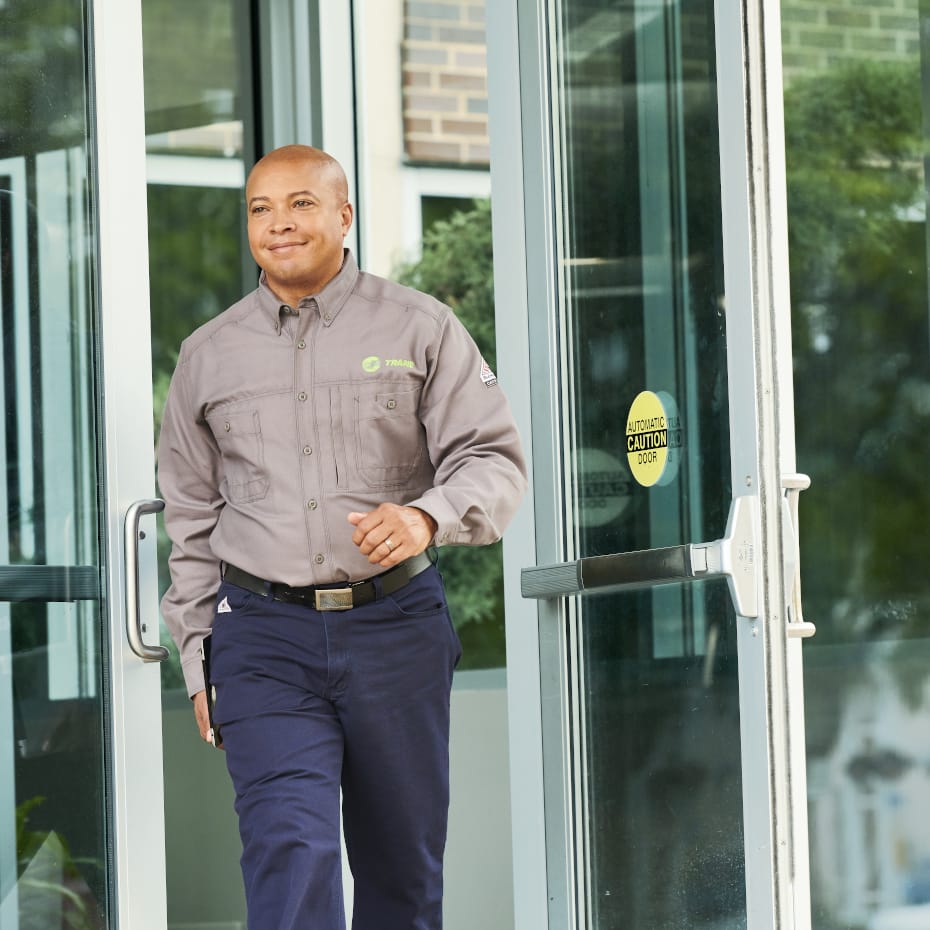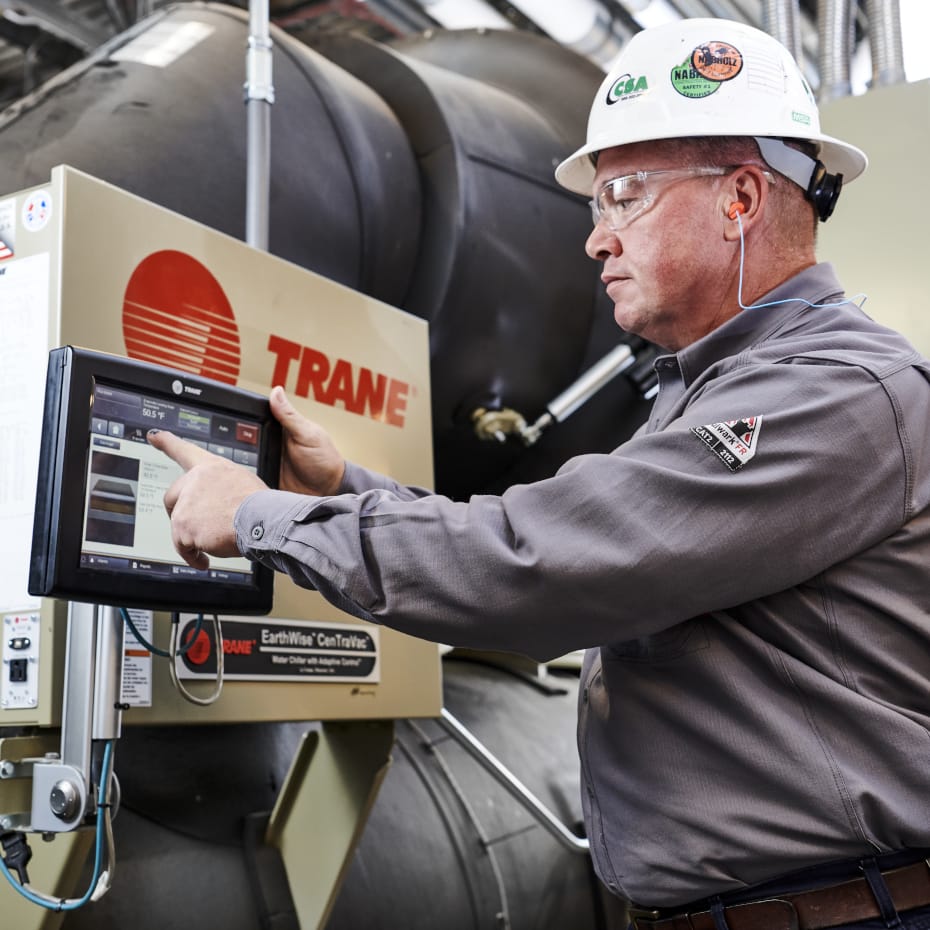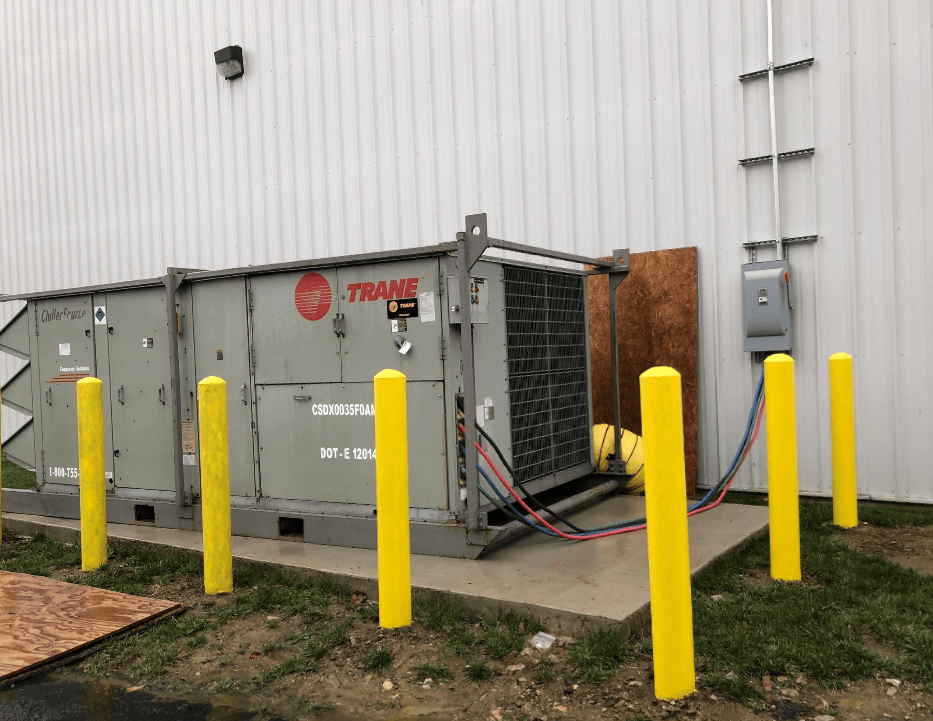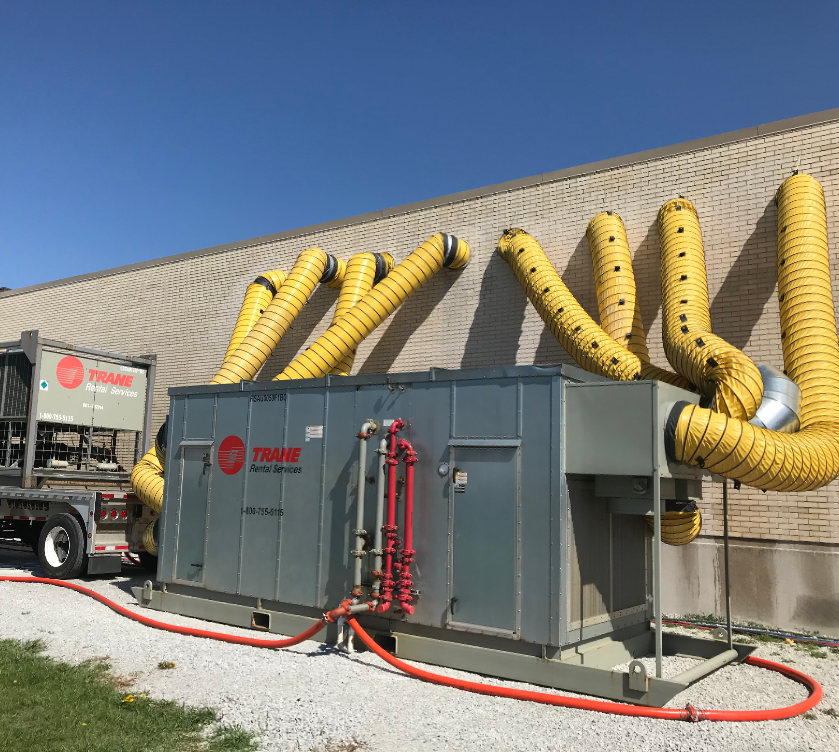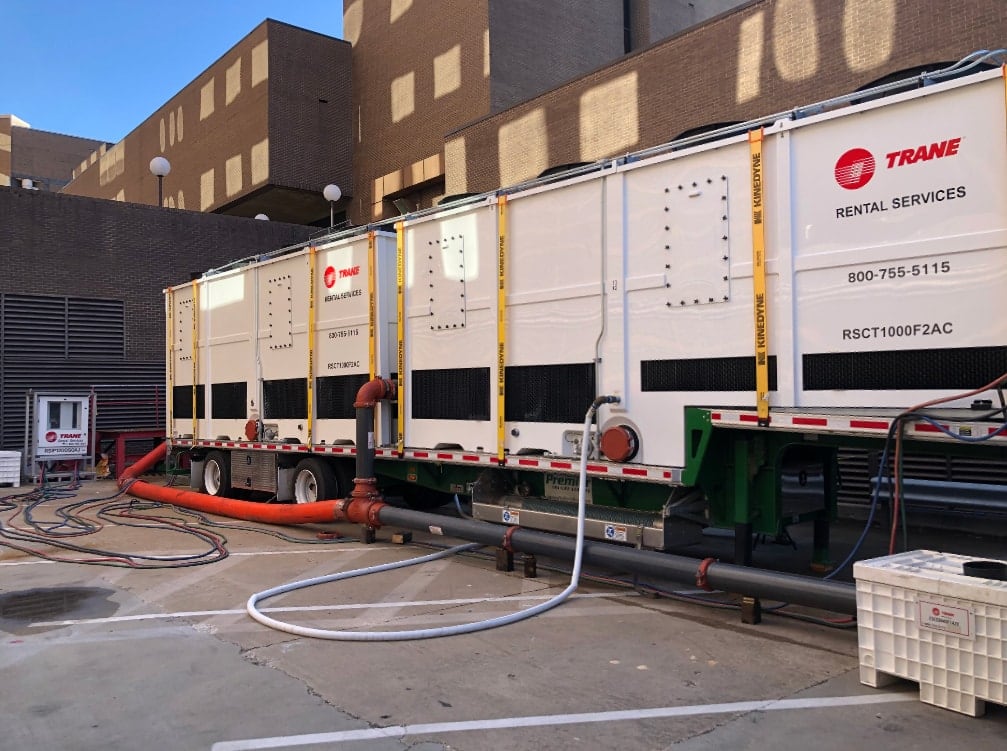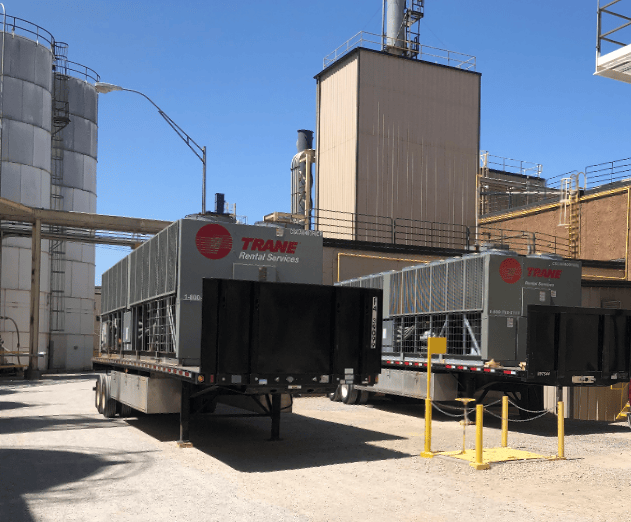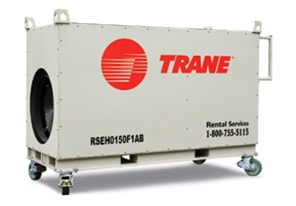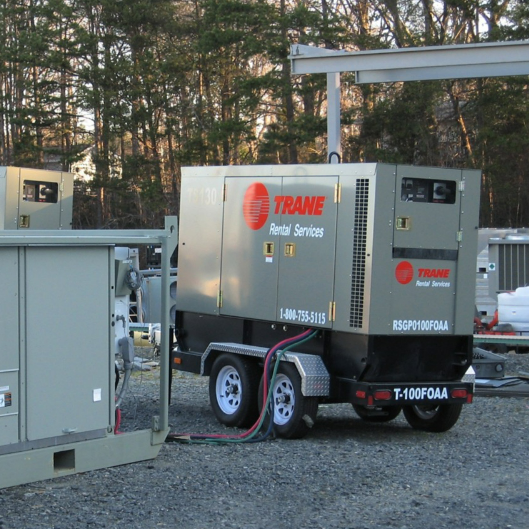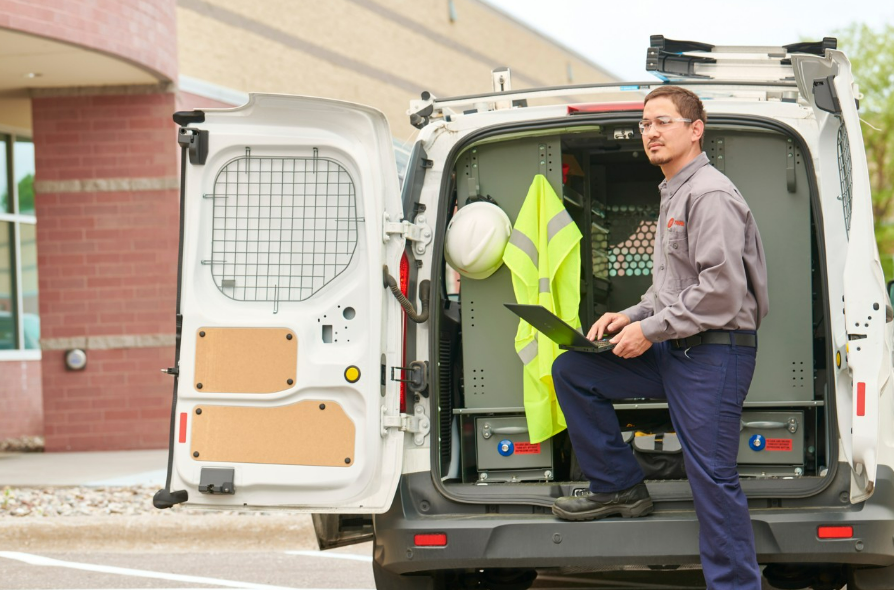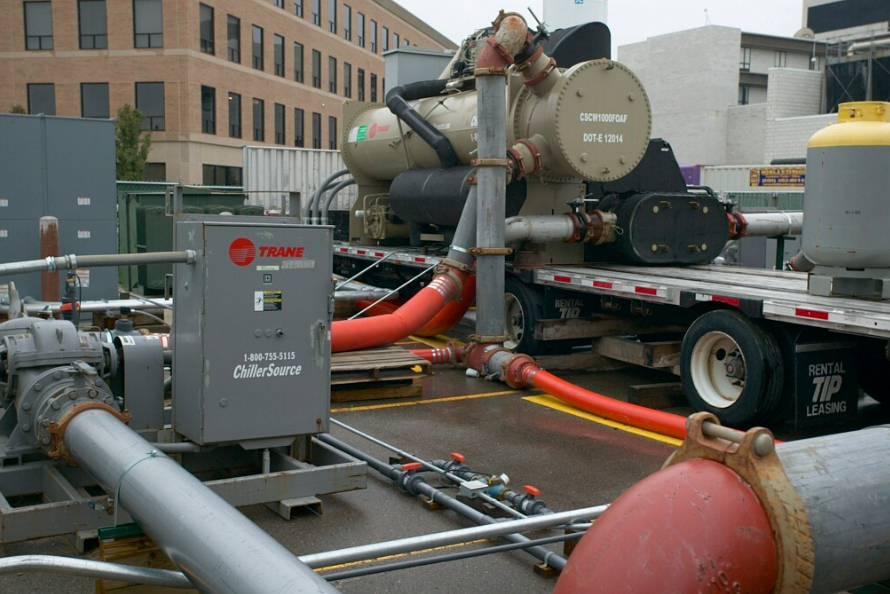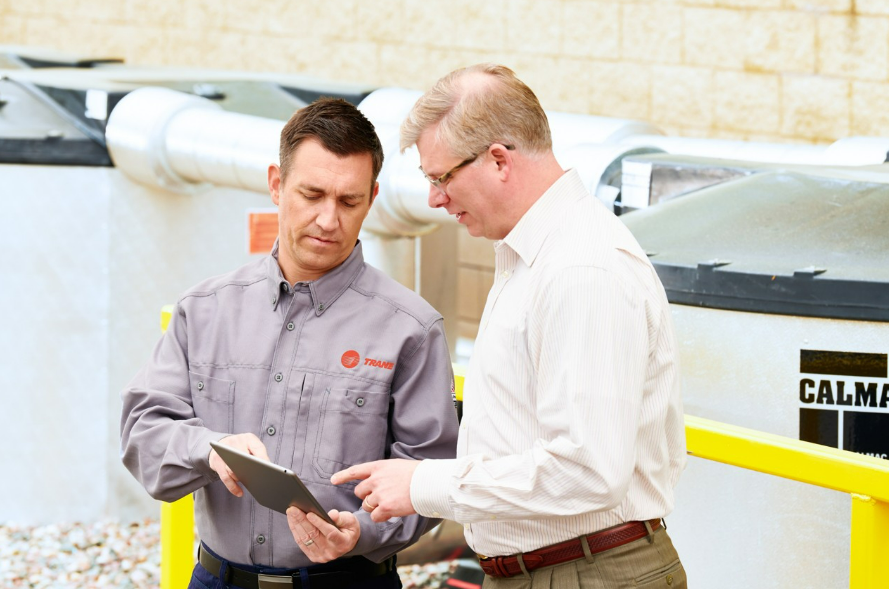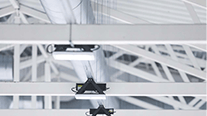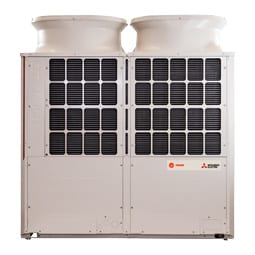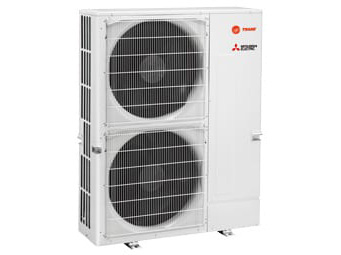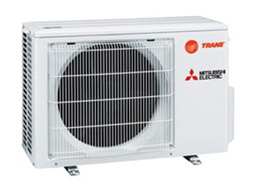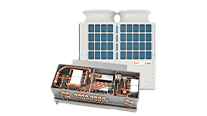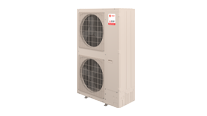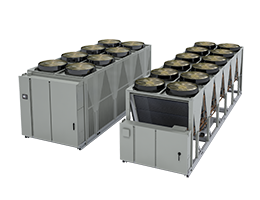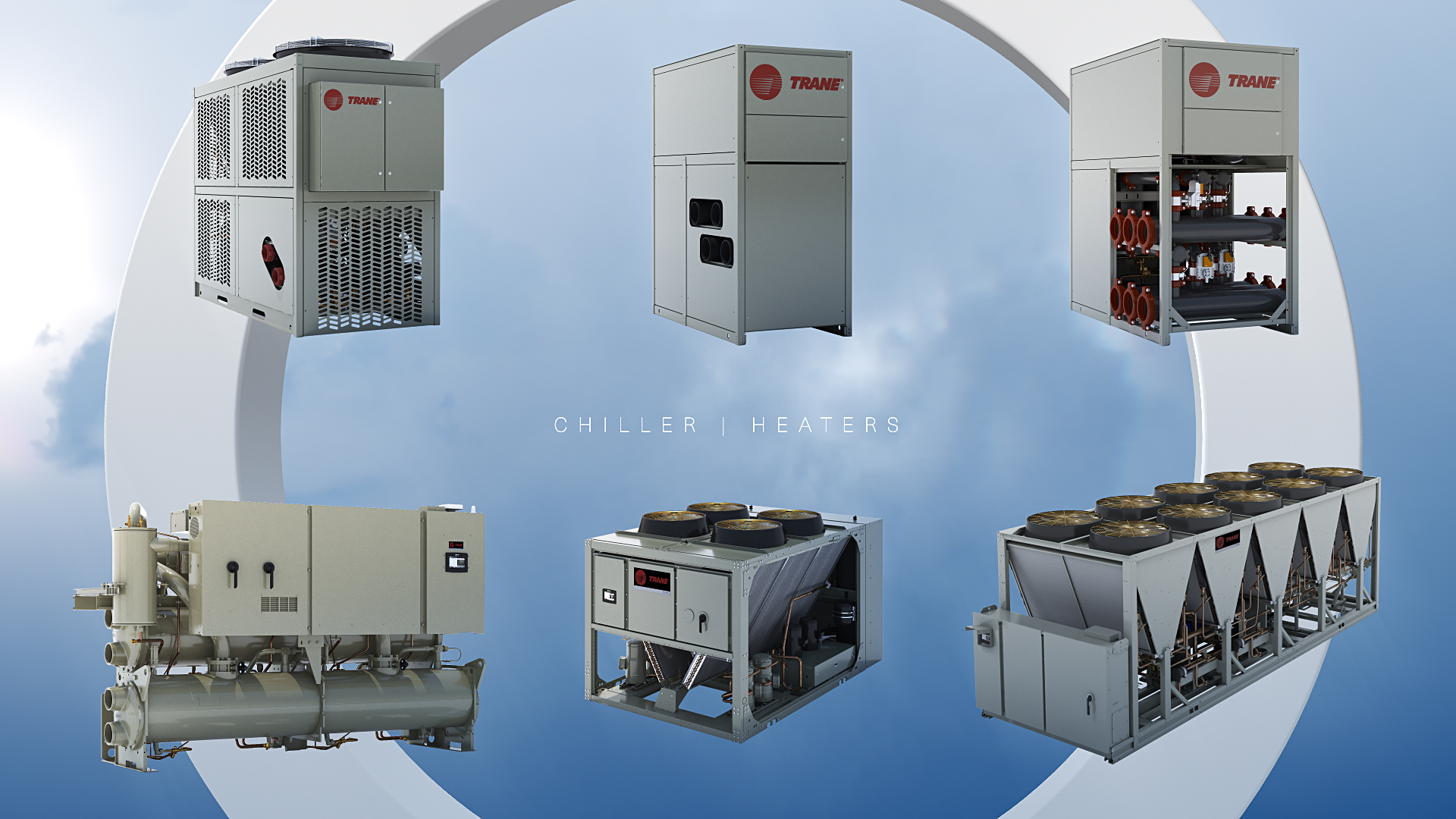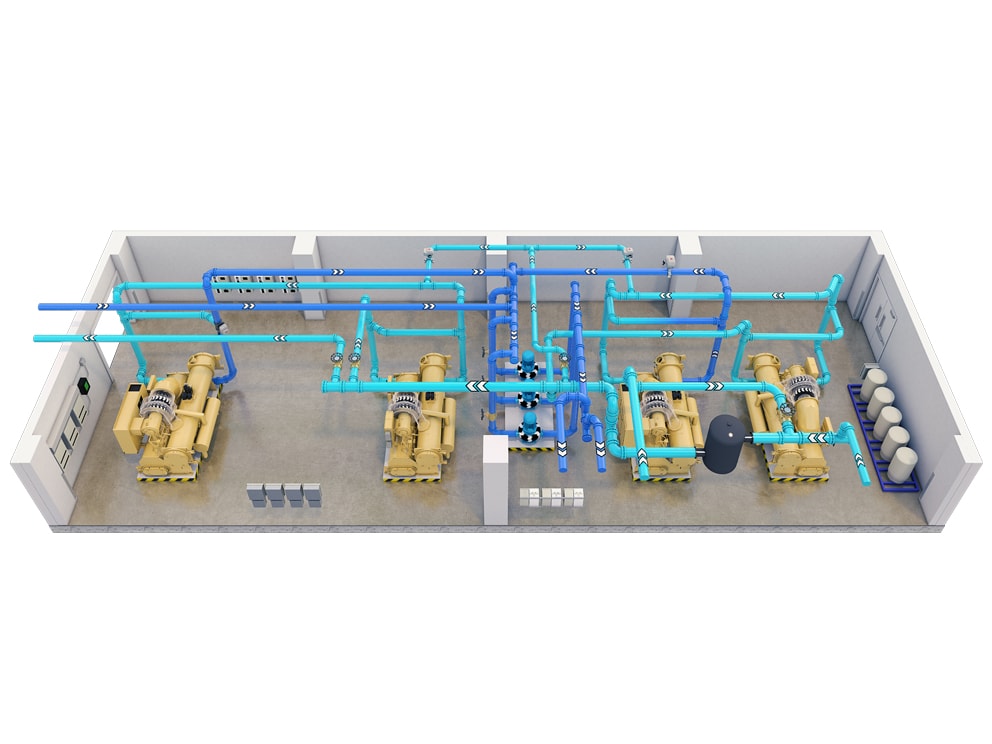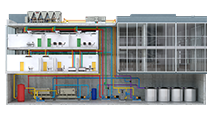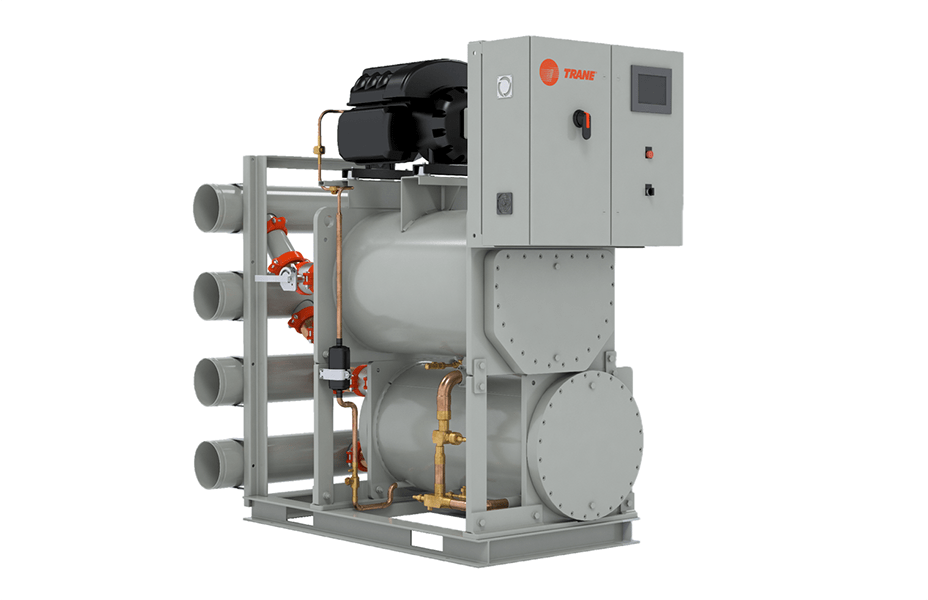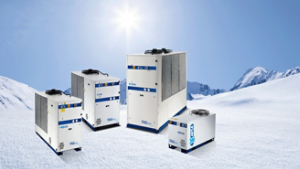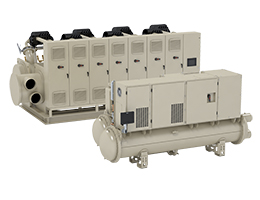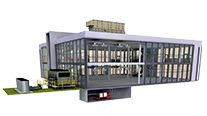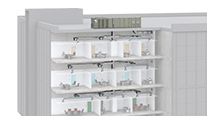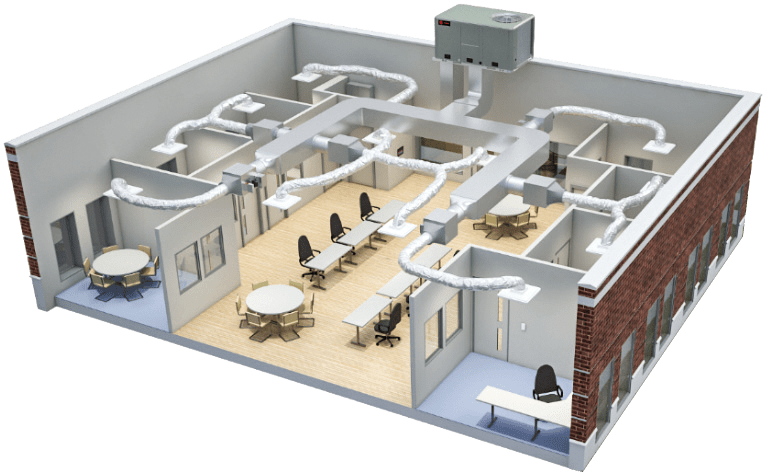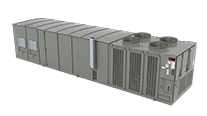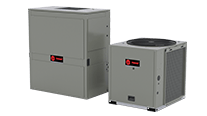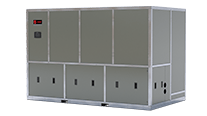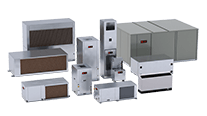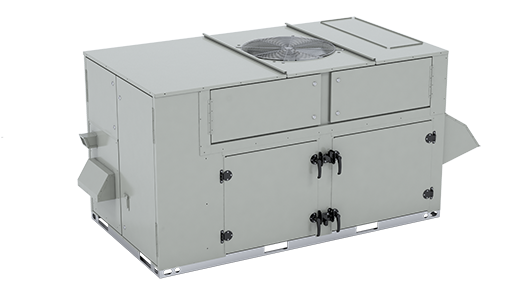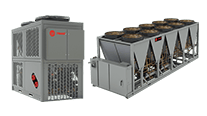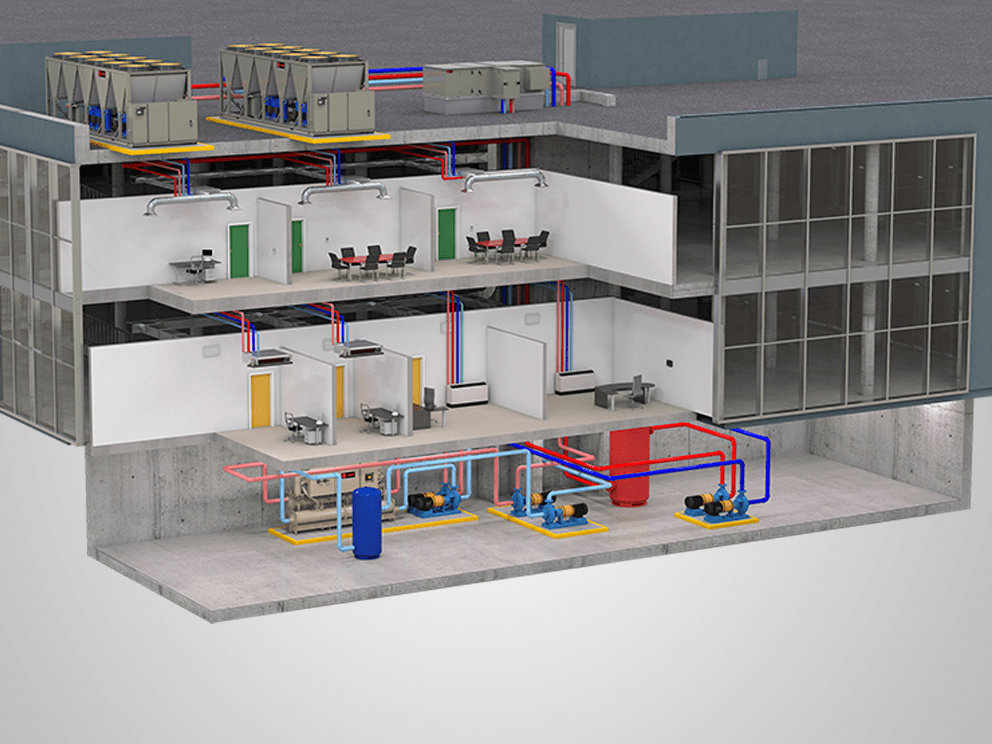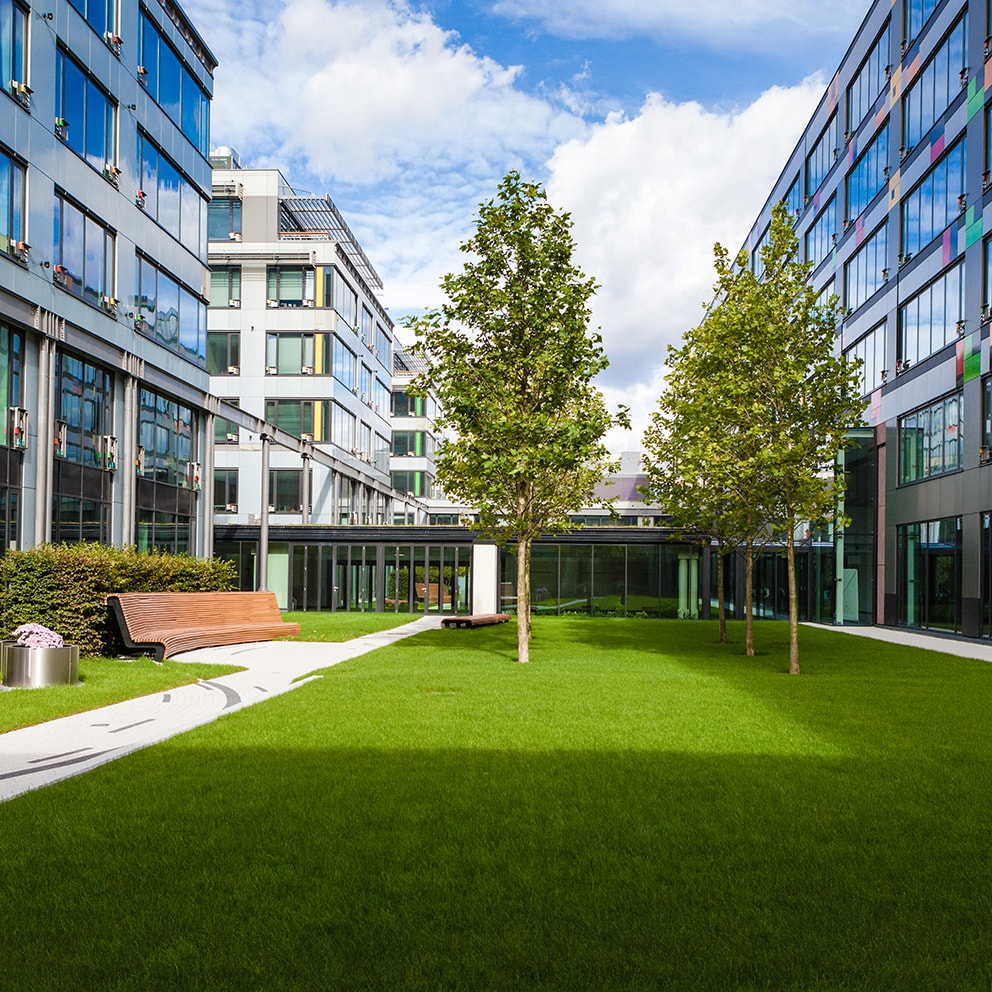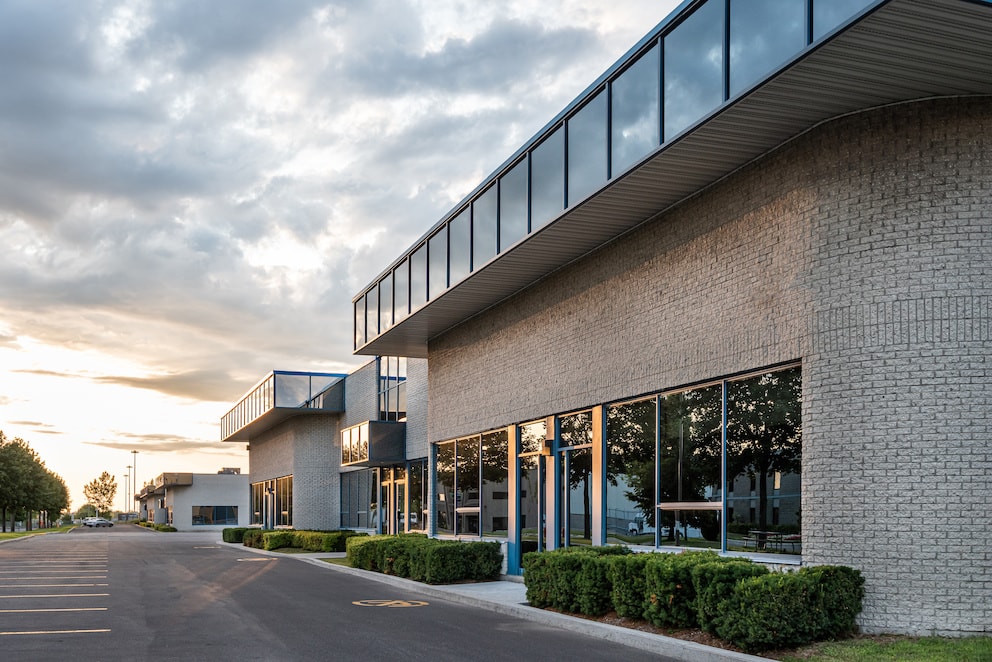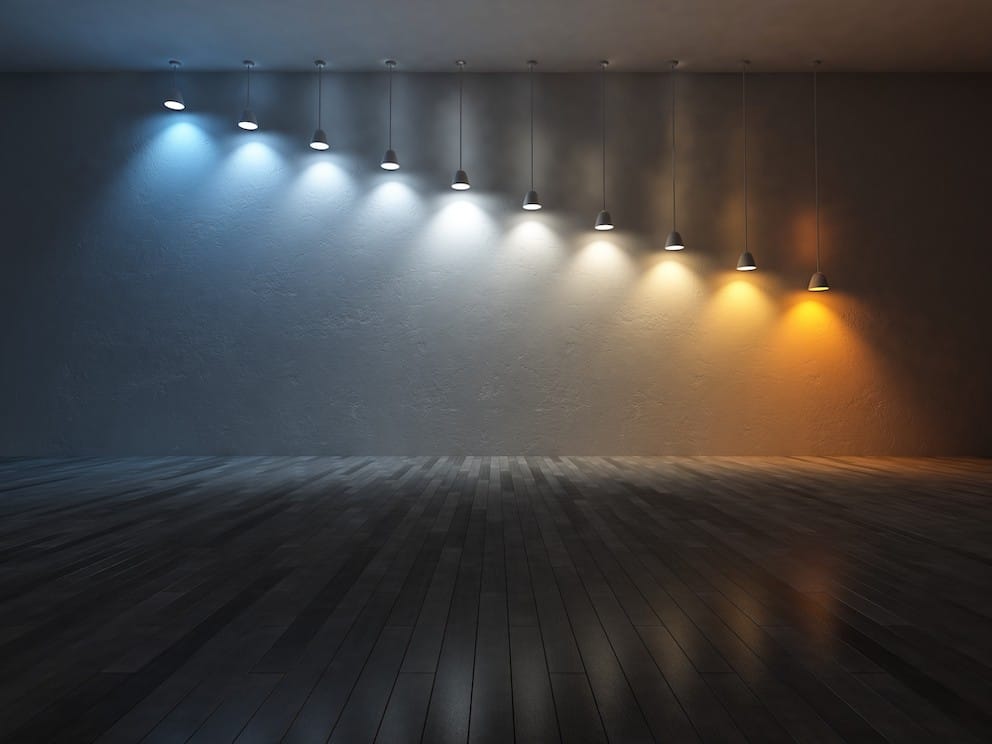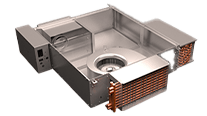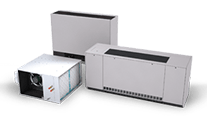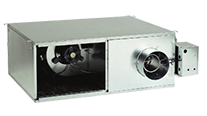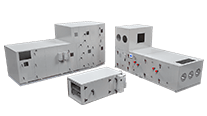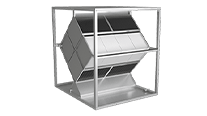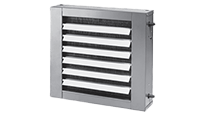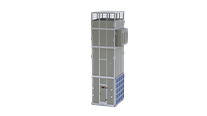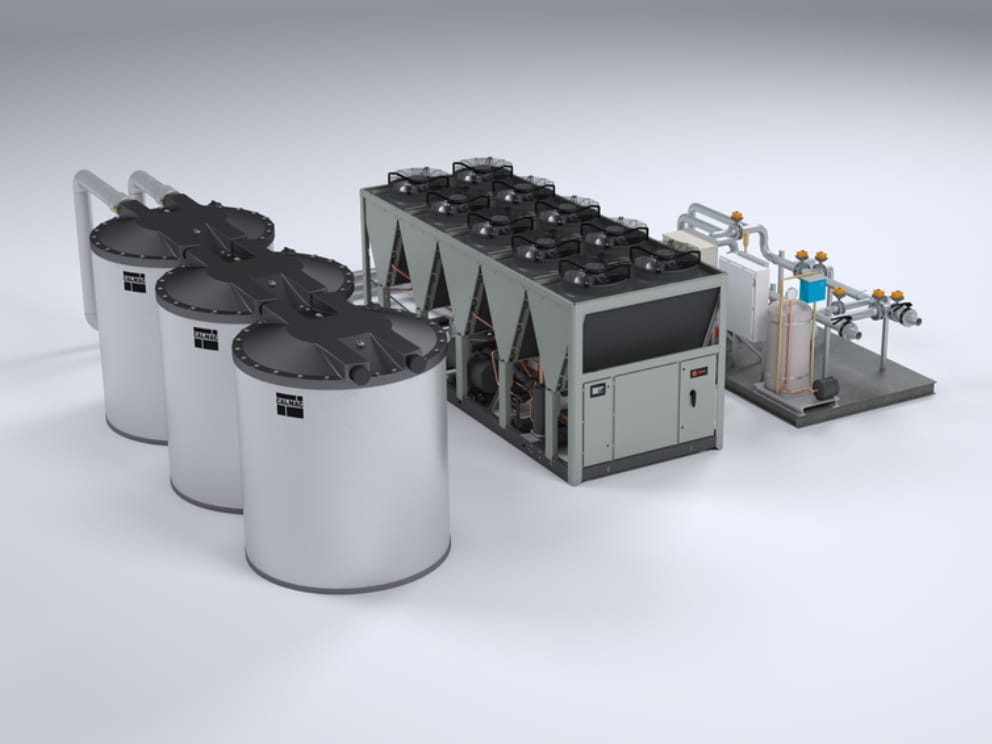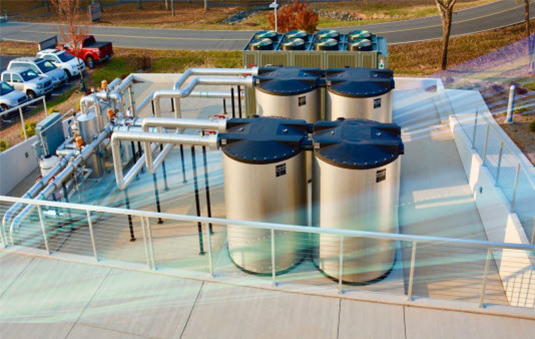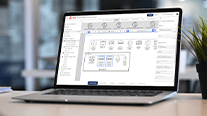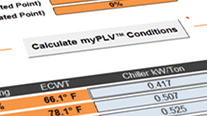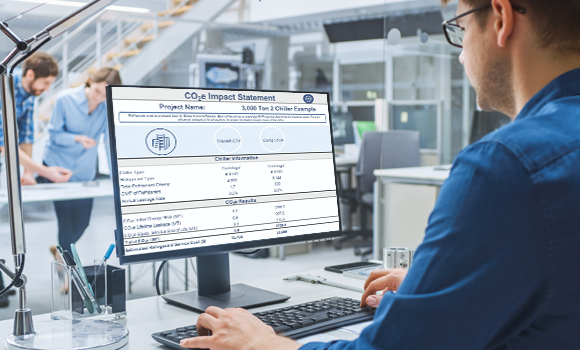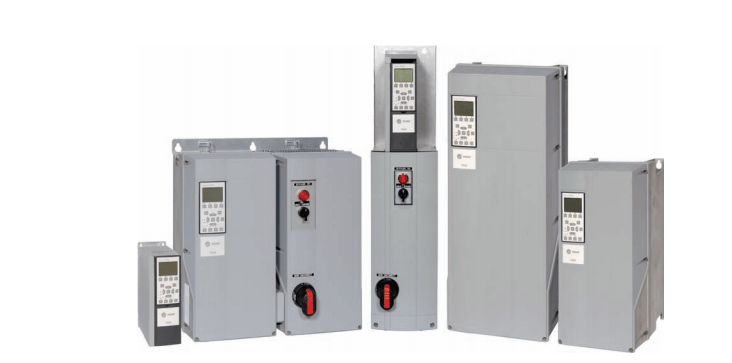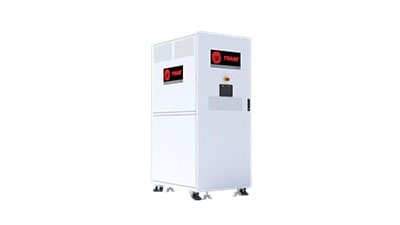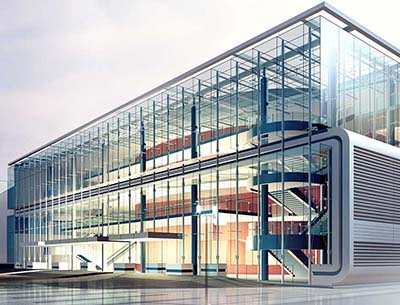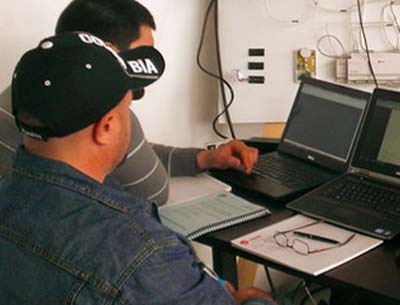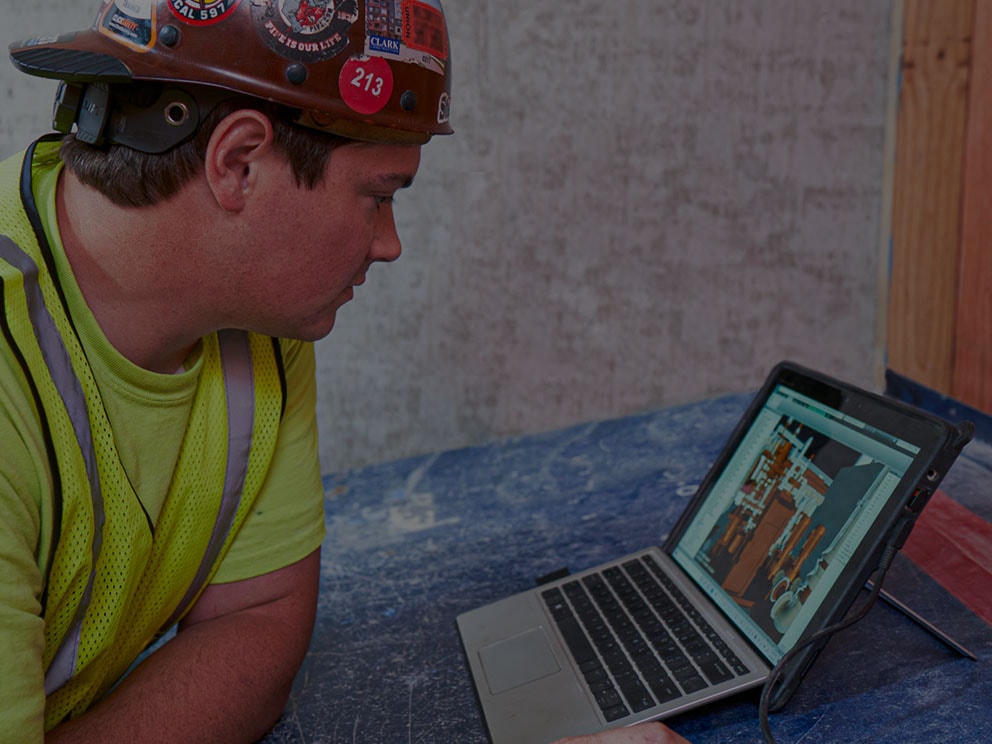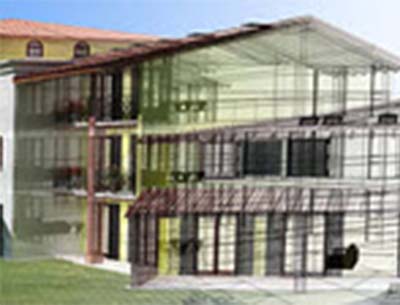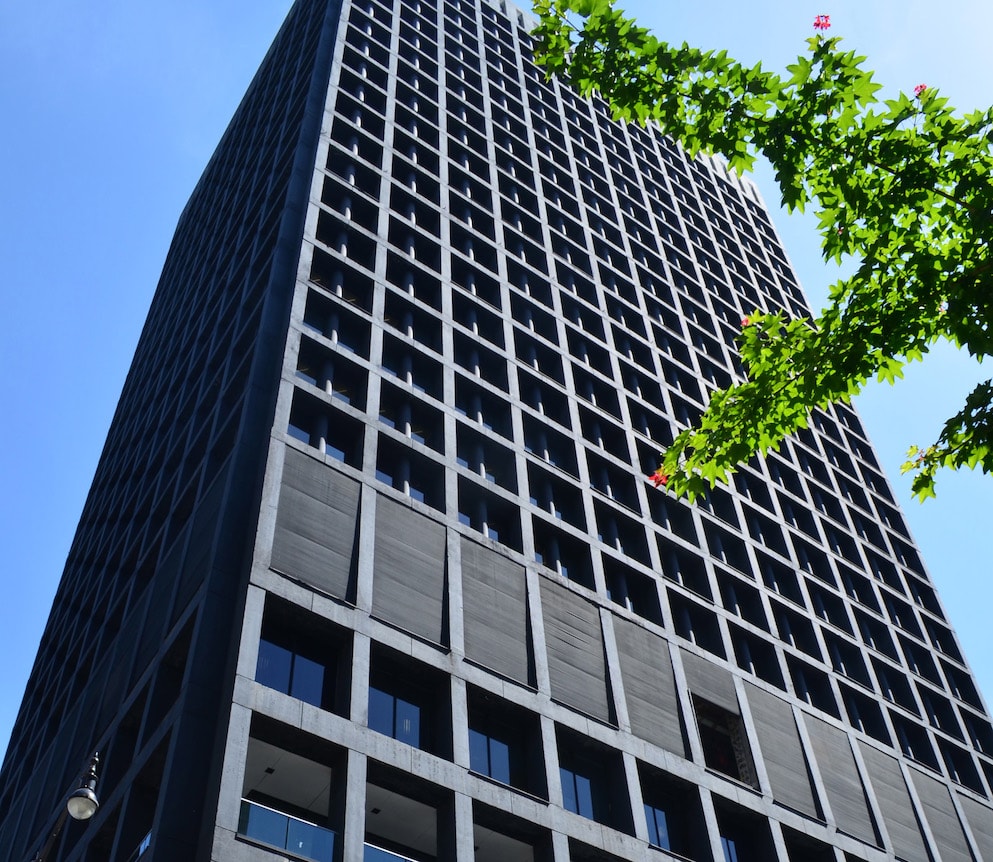Project Highlights
Location: Boise, Idaho
Industry: Local Government
Products Used: Chillers, Air Handling
Services Used: Energy Analysis & Monitoring
Climate: Humid & Cold
Topic: Sustainability, Efficiency, Cost-Saving
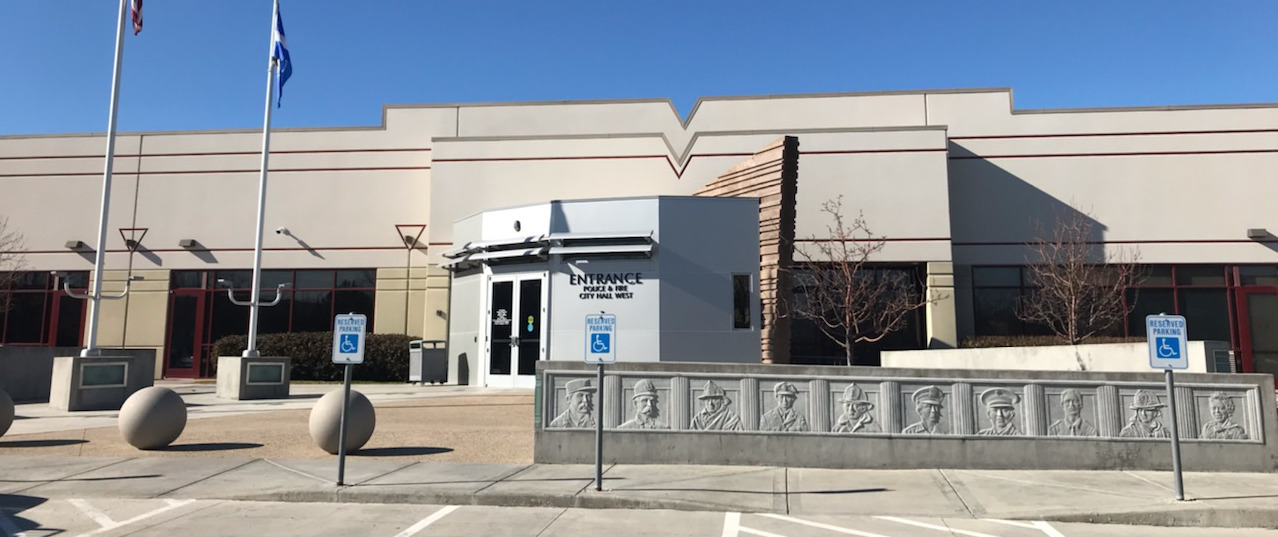
Challenge
The boilers, chillers, and air-handling units serving Boise’s City Hall West building were outdated, inefficient, and nearing the end of life expectancies, causing equipment failures and high energy costs. In addition, the equipment was oversized for the current occupancy’s load requirements. Boise sought to update its systems to improve reliability and energy efficiency to reduce utility and maintenance costs.
Solution
The City moved forward with upgrades, using cooperative procurement to expedite the project and leverage pricing to stay within budget parameters. Cooperative procurement contracts are competitively bid, evaluated, and awarded to vendors that have been carefully selected based on quality, proven performance, customer satisfaction and pricing. The procurement method allowed facilities managers to choose Trane, a preapproved network vendor, for the project.
Trane joined forces with a third-party engineering consultant to design and install a complete upgrade project. Working together, the team selected the right equipment, and developed a proposal that included boiler and chiller upgrades, and the addition of variable frequency drives (VFDs) on both heating and chilled water pumps.
Right-sizing equipment, improving efficiency
The facility’s three 1,230 MBH boilers were replaced with two 1,000 MBH high-efficiency boilers with a better turndown ratio. The new boilers stage and modulate down to the building’s required heat load, saving energy. The two, vastly oversized, 210-ton air-cooled, screw chillers were replaced with two Trane® Sintesis® 120-ton air-cooled chillers. The smaller chillers reduce the number of times the system cycles on part load, helping to extend equipment life and lower maintenance costs. After replacing the oversized equipment, the team tested air handler fans and adjusted airflow to space requirements, rebalancing the ventilation air for additional savings. Retro-commissioning is planned for all remaining equipment, including the VAV boxes, to ensure proper piping, controls, and efficient operation.
“The building’s previous tenants had different requirements,” said Yorick de Tassigny, Building Planning and Maintenance Manager, City of Boise. “We did a load analysis and determined that we could lower the tonnage of our equipment while maintaining comfort and reducing our costs.”
Aligning with sustainability efforts, providing optimal performance
Trane® Sintesis® air-cooled chillers deliver high energy efficiency at full- and part-load operation; robust cooling performance to keep building occupants comfortable; and sound-reduction options for quiet operation and a more pleasant work environment. The chillers use R-513A, a next generation, low global warming potential (GWP) refrigerant, making them a perfect selection to align with the City’s sustainability efforts.
Employing energy-saving strategies
The Sintesis chillers include a reliable factory-installed free cooling option that delivers optimal performance by minimizing compressor operation, when outdoor air temperatures are low enough, to assist in cooling the chilled fluid loop, helping to reduce energy consumption, operating costs, and environmental impact. The system also uses evaporative precooling to add moisture to the air, reducing air temperatures by as much as 25 degrees, reducing the load on the chillers, and extending the free cooling operating range.
To further reduce energy consumption and extend motor life, variable frequency drives (VFDs) were installed on the heating water and chilled water pumps to convert them from a constant flow hydronic configuration to variable flow. The VFDs on the heating water pumps continually monitor motor speed to allow the pumps to ramp down when VAV boxes are not calling for heating. Likewise, the VFDs on the chilled water pumps allow them to ramp down when the air handling unit valves are not calling for cooling.
Results
- More than $11,000/yr energy savings
- Idaho Power incentive of $33,700
HVAC upgrades implemented by Trane and the City of Boise at the municipality’s City Hall West building are resulting in a substantial reduction in operational and energy costs. With the newer, more reliable equipment, service and maintenance costs have also been reduced. Monitoring of energy consumption by the City’s facilities team shows fewer demand peaks and an 8.7 percent year-over-year energy savings as validated by Trane Energy Optics analysis tools. Committed to continuous improvement and a reduction in energy use, the City’s facilities team monitors its energy consumption to identify additional cost-saving opportunities.
“Everything is working great as far as operations and comfort. The system is reliable, efficient, and you don’t hear the chillers like we used to,” said Cameron.
“The results we are seeing from the upgrades show things are trending in the right direction,” added de Tassigny.
CHALLENGE
- Inefficient equipment
- High energy and
- maintenance costs
SOLUTION
- Cooperative procurement
- High efficiency boilers
- Sintesis air-cooled chillers
- VAV box retro-commissioning
RESULTS
- Improved reliability and comfort
- 8.7 percent energy cost savings
- Reduced demand peaks
- Lower maintenance costs
- $33,700 incentive


